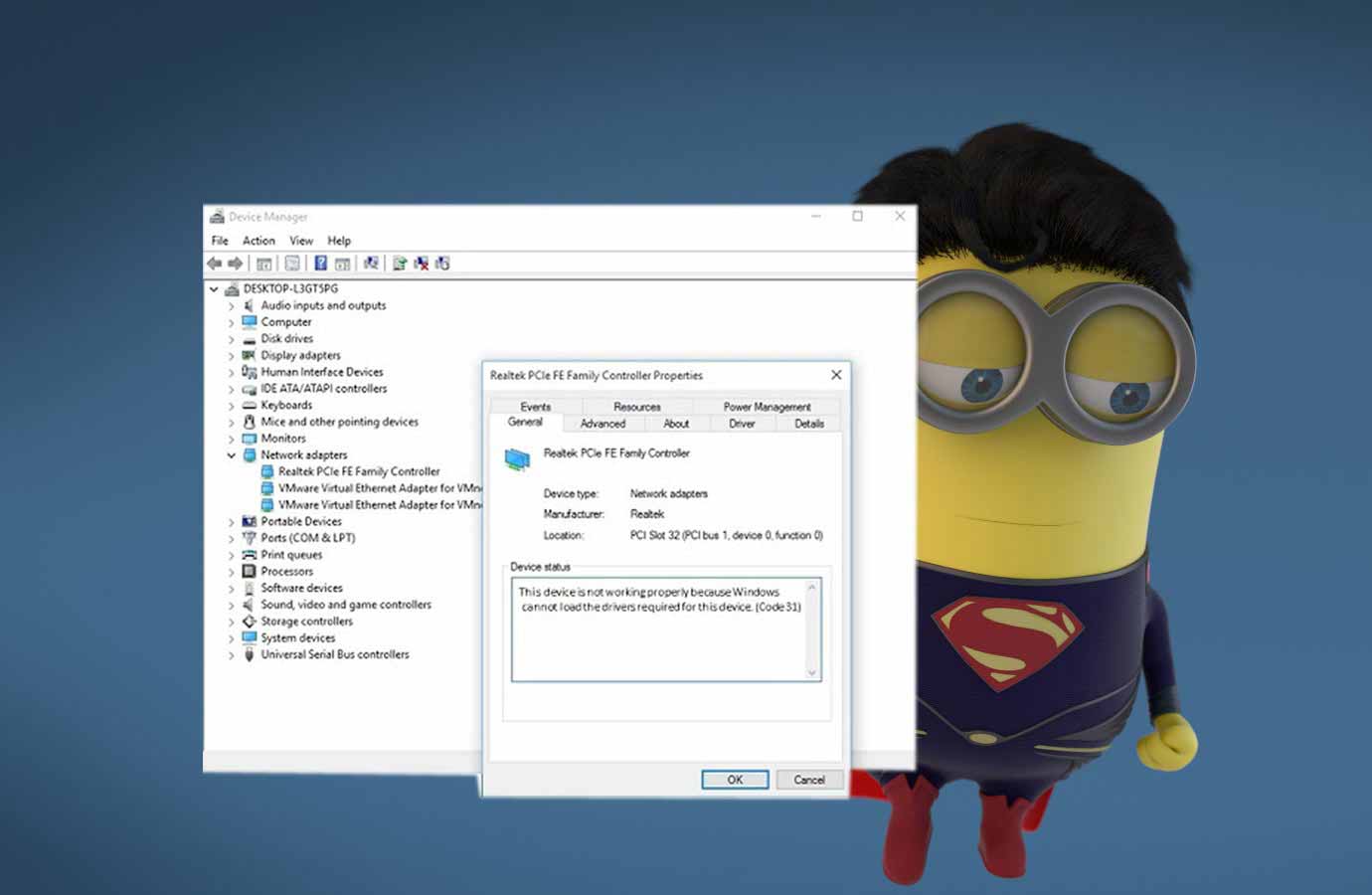Wireless drivers are software programs installed on your system that allows your operating system to communicate with your wireless and network adapters. Wireless driver problems usually occur because of missing, outdated, or corrupt drivers. 3.Can I just Install Wireless Drivers From a Website? No,You can’t.Unlike other Operating Systems. Calling all VMware Employees This is the last chance for the Employee Referral Program's Q4 Challenge, ending January 31st! Find eligible roles at Referral Hub by searching TanzuChallenge and share your personal referral link to potential candidates. DRIVER NVIDIA UBUNTU VMWARE FOR WINDOWS XP DOWNLOAD. Nvidia software licensing portal, nvidia management library, phoronix test suite, nvidia optimus chipsets. Grand theft auto 5 on linux benchmark, wine + dxvk. Pci pass trough. Nvidia licensing portal. Nvidia enterprise account, nvidia enterprise application hub. Download Belkin F5D6020 v1 Wireless Card Driver/Utility for XP (Network Card). Allow Windows to run the file (if necessary). Read EULA (End User License Agreement) and agree to proceed with the installation process. Follow the on-screen instructions.
- Vmware Network & Wireless Cards Driver Download For Windows 8
- Vmware Network & Wireless Cards Driver Download For Windows 8.1
- Download Vmware Workstation Windows 10
- Download Vmware For Windows 10
Device drivers improve sound, graphics, networking, and storage performance. If you perform a custom VMware Tools installation or reinstallation, you can choose which drivers to install.
The set of drivers that are installed when you install VMware Tools depends on the guest operating system and the VMware product. For detailed information about the features or functionality that these drivers enable, including configuration requirements, best practices, and performance, see the documentation for your VMware product. The following device drivers can be included with VMware Tools.
On Windows guest operating systems whose operating system is Windows Vista or later, the VMware SVGA 3D (Microsoft - WDDM) driver is installed. This driver provides the same base functionality as the SVGA driver, and it adds Windows Aero support.

For example, Windows Server 2008 defaults to LSI Logic SAS, which provides the best performance for that operating system. In this case, the LSI Logic SAS driver provided by the operating system is used.

VMware supplies a special SCSI driver for virtual machines that are configured to use the BusLogic virtual SCSI adapter. Virtual machines do not need this driver if they do not need to access any SCSI devices or if they are configured to use the LSI Logic virtual SCSI adapter.
The driver is included as part of the VMware Tools package or comes bundled with VMware ESX/ ESXi. It is available on the host as a floppy image at /vmimages/floppies/vmscsi.flp. The driver can be used in Windows XP, Windows Server 2003, or Windows 2000.
When you install VMware Tools, a VMXNET NIC driver replaces the default vlance driver.
Vmware Network & Wireless Cards Driver Download For Windows 8
Vmware Network & Wireless Cards Driver Download For Windows 8.1
- File Introspection Driver: The File Introspection driver uses the hypervisor to perform antivirus scans without a bulky agent. This strategy avoids resource bottlenecks and optimizes memory use.
- Network Introspection Driver: The Network Introspection driver supports NSX for vSphere Activity Monitoring.
Download Vmware Workstation Windows 10
Do not delete or replace existing inbox drivers for Linux that are distributed by your OS vendors. Deleting or replacing these drivers might cause conflict with future updates to the drivers. Contact your OS vendor or OS community for availability of specific updates to drivers.
See http://kb.vmware.com/kb/2073804 for information about availability, maintenance, and support policy for inbox drivers for Linux.
Download Vmware For Windows 10
If you use Workstation or Fusion, you can install the Shared Folders component. With Shared Folders, you can easily share files among virtual machines and the host computer. The VMHGFS driver is a file system redirector that allows file system redirection from the guest operating system to the host file system. This driver is the client component of the Shared Folders feature and provides an easy to use alternative to NFS and CIFS file sharing that does not rely on the network. For Linux distributions with kernel version 3.10 and later, a new FUSE based Shared Folders client is used as a replacement for the kernel mode client.
VMware Tools installation include the VMware AppDefense, a security management and monitoring solution. AppDefense agent can be installed on the guest virtual machine using the VMware Tools installer. However, VMware Tools cannot install the AppDefense component automatically. You need to install the component manually.
Protect The Perimeter And The Application With VMware NSX
VMware NSX automates networking and security in software, enabling you to enforce a Zero Trust model. NSX protects every workload with its own software-defined firewall and security policies.
Rapid, Error-Free Configurations
Spin up isolated networks in seconds for any workload on any cloud with automated policy delivery. Eliminate the need to manually configure individual firewalls. Quickly deploy policies at any scale while achieving full compliance and Zero Trust.
Self-Service Provisioning
Offer a rich set of app services with self-service provisioning through your client portal. Reduce long cycle times by removing paper-based legacy services and manual steps.
Dynamic Policies
Micro-segmentation or distributed firewalling enables policy mobility to help ensure agile security for the whole app lifecycle. Bolster your security posture with policy-based security enforced by virtual firewalls running at the hypervisor level. Quickly discover and lock down bad actors when a threat breaches the perimeter firewall.
Lower TCO
NSX can lower the cost of delivering network security services and dramatically reduce high capital investments and operational expenses. Adopt an efficient design and avoid wasted capacity due to silos of infrastructure by managing multiple customers on the same host.
